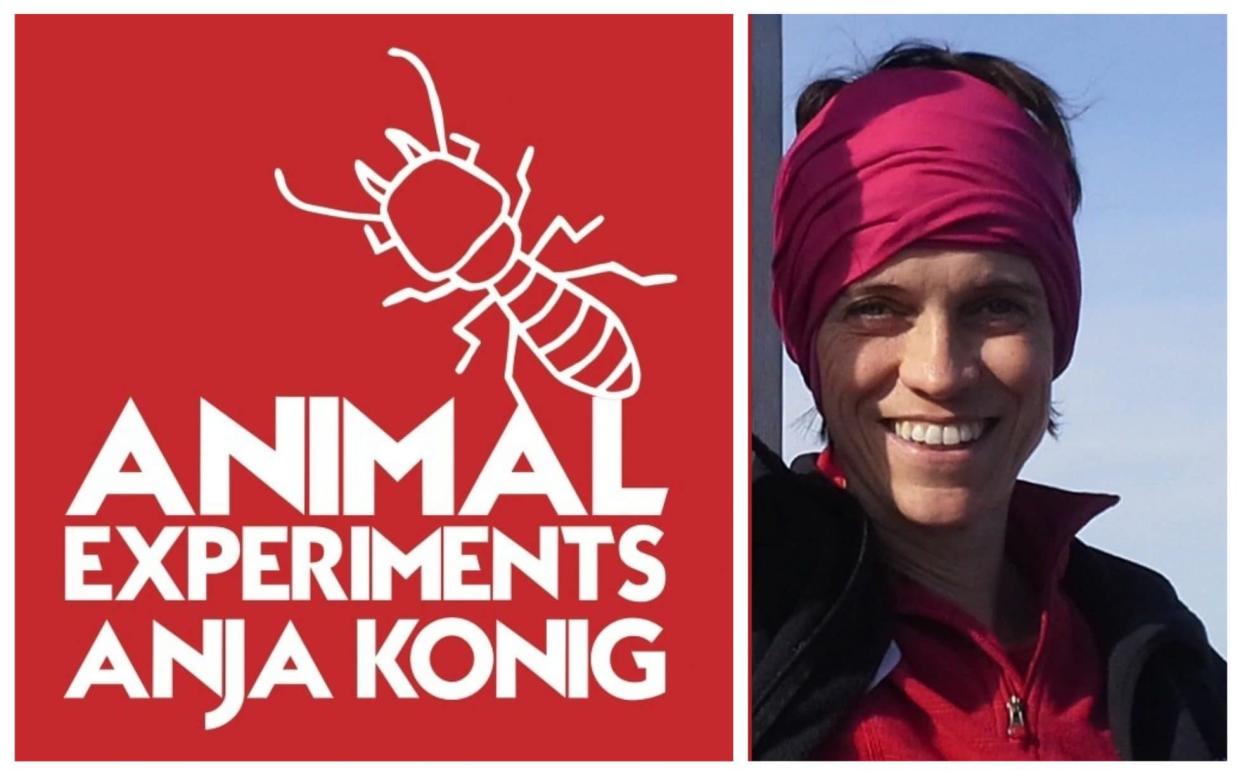Poetry book of the month: Animal Experiments by Anja Konig

There’s an awful lot going on in these poems. Or rather, a lot that’s awful: sickness, suicide, maternal neglect, nuclear fallout, cruelty to animals, the end of human life on earth. Please don’t think me callous if I tell you it made me laugh out loud.
In startlingly pared-back verse – short words, short lines, short poems – Anja Konig approaches grim topics with the blackest and most deadpan humour imaginable. A poem with the knowingly high-flown title “Body of the Beloved” begins: “I think you would like/ being described/ in the police report/ as slim male corpse.” There is sorrow here, pain and loss. I was expecting those, but I wasn’t expecting funny.
Konig toys with expectations throughout this sharp, invigorating debut. Of the four poems titled “Animal Experiments”, none are about experiments on animals, unless you count human parenting. A poem called “Tenderness” (a feeling the poet shows sparingly) begins: “Pork.org found tenderness/ is most important”. And then there’s “Women’s Pond”. It’s about a sunny day at the Ladies’ Bathing Pond on Hampstead Heath. Readers might expect a feeling of joy, safety or freedom in this women-only space. But the imagery is macabre: “shores teem/ with bones”, there’s “a squirming baby/ under a chiffon shroud”, women crowd “six deep” to get into the water. It’s wonderfully unsettling.
Somewhere in the world there is a poem called “Extinction Rebellion” which pays solemn and mawkish tribute to the protestors. Seeing that title here, for half a second I feared Konig’s might be it – but they only get one brief, sardonic mention (“An activist glued herself to a train/ in a slightly confusing gesture”). Instead, “Extinction Rebellion” follows the poet’s conversation over cocktails with a friend in a Mexican restaurant, and their personal rebellion against passively accepting death: “May we live to 120!” After “three guacamoles”, however, they’re considering how best to kill oneself. “The exhaust pipe into the car/ after getting really drunk, you say,/ except if you have an electric car.” It’s a hoot.
Konig’s professional background sheds some light on these poems. She is not a student activist seeking to ban animal experiments, but a successful businesswoman funding them. (“The View from the Top” is a powerful, angry poem about inequality and female pioneers.) Based in Zurich, with a Physics PhD from an Ivy League university, Konig is the global head of NVF, “one of the most deep-pocketed and active corporate venture capital funds in biopharma” (as the medical journal Nature called it in an interview with her). When she writes that the “predominant emotion of a mouse is fear”, it’s an informed judgement: a research paper about Parkinson’s disease and mice thanks Konig “for technical assistance and help in breeding the animals”.
“We always met at Cafe Blunt”, she writes in “Triple Negative”, a poem where the speaker describes making chit-chat about anything but cancer with someone close to her who is dying of it. In a sense, the whole book’s right there: always blunt, always evasive. Tragic stories are often only hinted at. “Planks jut/ into the river where I took/ the call.” What call? We’re left guessing.
Konig’s usual style – short, plain lines, sometimes rhymed but with no fixed scheme – owes much to the former US poet laureate Kay Ryan. Both writers deploy a kind of simplicity that requires a great deal of courage: “on the chair/ with the one/ plate and the one/ cup in front of me/ I see the day/ is mine/ entirely”. A quiet celebration of self-sufficiency, or a portrait of loneliness?
“We are the Bees of the Invisible” (a poem riffing on a quote from Rilke) is her manifesto for this type of ambiguous clarity in poetry. “Each singular bee in her cell makes/ honey, so transparent that it looks like nothing./ But a hungry tongue can just detect its mix/ of tastes, its texture, tough and sweet, like love.” There’s more tough than sweet in this book, which makes it a rarity. It left me hungry for more.
Animal Experiments is published by Bad Betty Press at £10; badbettypress.com

